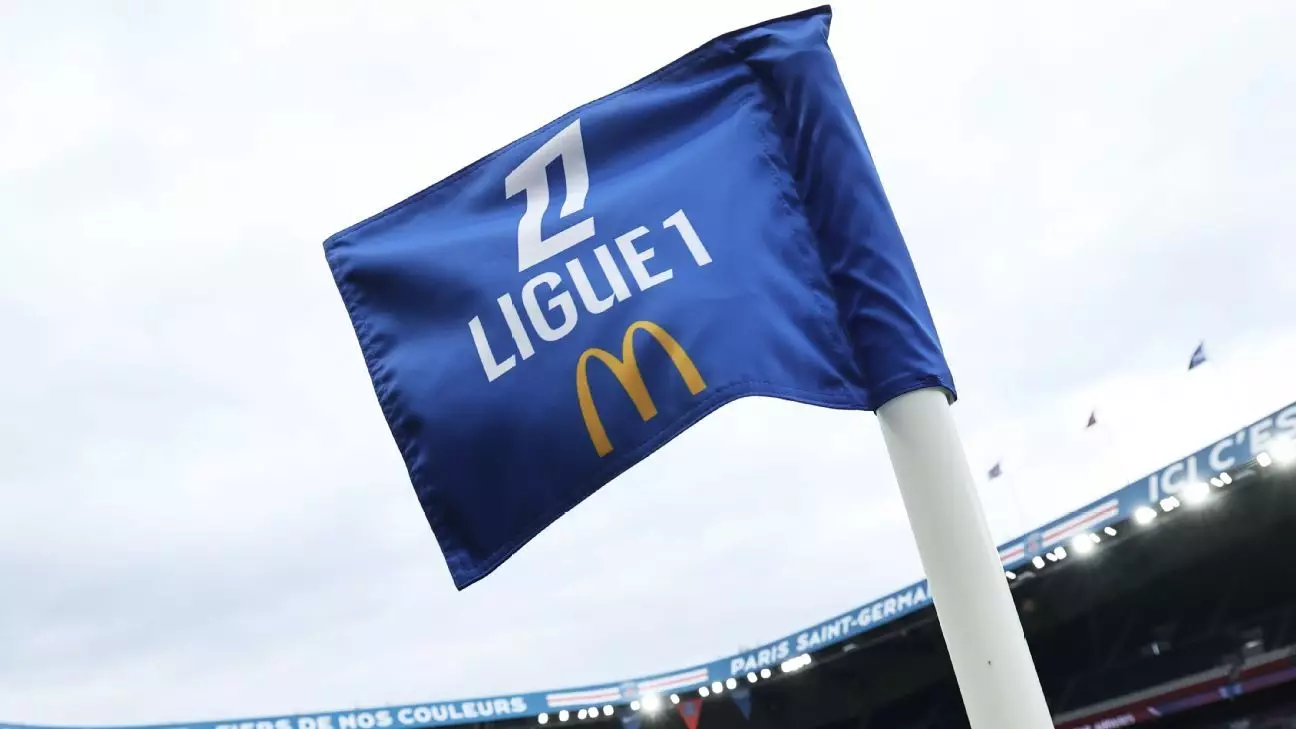The French football landscape has recently been marked by turmoil as investigators have targeted key players in the French Football League (LFP) and the private equity giant CVC Capital Partners. This scrutiny stems from serious allegations surrounding potential corruption and embezzlement linked to a significant investment deal that marked a pivotal moment for French football. The implications of these actions not only jeopardize the reputation of the involved parties but also raise critical questions about the governance of football finance in France.
Background of the Investigation
The catalyst for the investigation traces back to unusual capital moves and financial dealings following the initial agreement between the LFP and CVC, which was rumored to be intense and highly scrutinized by football financial watchdogs. The inquiry began in July 2023, resulting from a complaint lodged by AC! Anticorruption, a collective dedicated to monitoring public funds and accountability. The allegations concern serious offenses, including the misappropriation of public resources, corruption of officials, and improper financial interests. Such claims are particularly alarming within a sector that has seen its fair share of mismanagement over the years.
The LFP, led by President Vincent Labrune, executed the controversial deal in 2022, enabling CVC to inject €1.5 billion (approximately $1.6 billion) into the newly formed commercial subsidiary responsible for the marketing and management of television rights. This agreement effectively gave CVC a 13% stake in the venture and was formulated in response to a financial crisis following the collapse of an earlier broadcast deal with Mediapro worth over €4 billion.
The collapse of the Mediapro deal sent shockwaves through the league, leading to a desperate need for financial intervention. The French football ecosystem was facing unprecedented challenges, exacerbated by the COVID-19 pandemic, which further strained revenue streams. To prevent a total financial meltdown, the French league was propelled into negotiating terms that would stabilize clubs and allow for redistribution of funds across divisions.
Despite a majority of clubs backing the CVC investment, the deal did not come without dissent. Notably, Le Havre, a club struggling with its financial outlook, challenged the LFP over the uneven distribution of funds facilitated through the deal. This scenario underscores a challenging reality in the financial management of football clubs, particularly in a league trying to level the playing field among its teams.
The revenue allocation from the CVC deal generated significant disparities among clubs in the league, creating a competitive imbalance that fosters resentment. While powerhouse clubs like Paris Saint-Germain benefitted from the largest share, receiving €200 million, many smaller clubs found themselves receiving only minimal amounts. The situation intensified for Le Havre as they were promoted to the top tier for the 2023 season, only to discover that they could not recoup the financial support they felt entitled to from previous allocations. This highlights critical vulnerabilities in the league’s economic structure, and raises fundamental questions about transparency and fairness in revenue sharing.
The growing discontent among clubs regarding financial fairness and transparency illustrates a broader issue confronting football leagues globally: the struggle to manage financial resources in an equitable way that retains competitive integrity. The fallout from these investigations could lead to a significant restructuring of how funds are allocated and necessitate a governance overhaul to address conflicts of interest and ensure accountability.
The Way Forward for French Football
As the investigation unfolds, the French Football League faces a compelling opportunity to re-evaluate its financial frameworks and governance protocols. The current situation is a watershed moment, prompting necessary discussions about ethical practices in sports financing and the imperative for transparent operations. Both the CVC deal and the surrounding controversy spotlight the necessity for systemic reforms that not only safeguard funds but also uphold the integrity of the sport.
Transparency and accountability are critical as the league navigates these challenges. The outcome of the investigation and its implications for the relationship with CVC will reverberate throughout the football community, dictating future dealings with private equity firms and shaping the financial landscape of French football for years to come. Only through reforms that promote integrity and equitable financial management can French football regain the trust of its stakeholders and fans alike.

